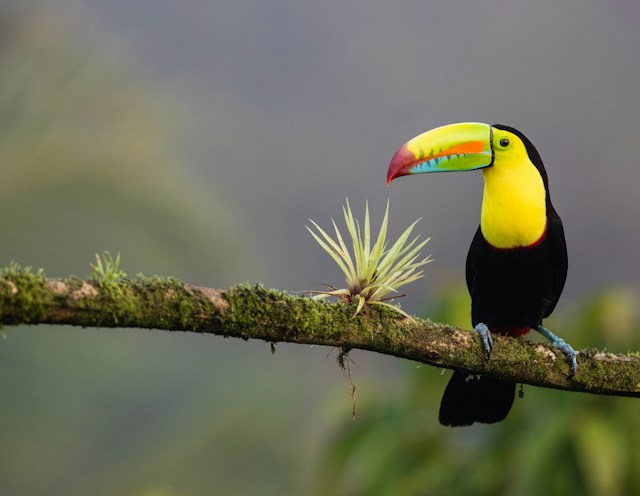For enthusiasts of nature and born adventurers, there are very few places in the world as beautiful as Costa Rica or more teeming with wildlife of every kind and a wide array of flora and fauna. Furthermore, Costa Rica has emerged as a real eco-paradise with their sustainability initiatives that outrank almost every country globally.
Make An Educated Decision About Your Stay
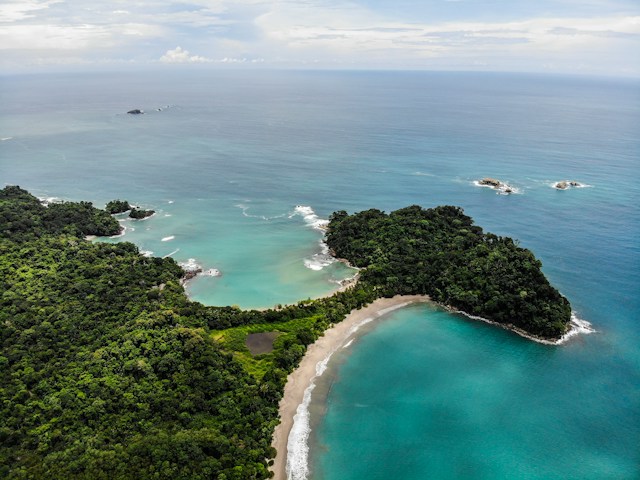
In Costa Rica you will find many eco-certified hotels and resorts, with some having a higher rating than others. Choose the best you can in your budget. Traveling simply with minimal to zero single-use plastics and other disposable items, including something as simple as disposable cotton pads, is a must.
Most of the tourist hotels you will find here will usually have a set of rules the guests have to bear in mind. Eco-certified hotels offer greater support for local producers and artisans. They save water, they do not use or offer single-use items, they recycle and use non-toxic biodegradable cleaning agents. Even the menu and energy generation are sustainable and renewable. Hotels for different budgets can be found on Ecohotels.com.
Book Guided Tours
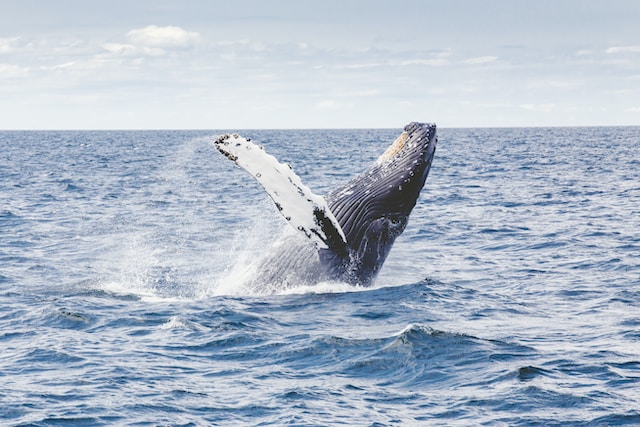
The incredible biodiversity that includes everything from leatherback turtles to humpback whales. The sheer abundance of wildlife reserves and parks make Costa Rica heavenly and endlessly fascinating for nature and animal lovers out there. Booking local guided tours will always serve you better than venturing into the unknown yourself. And, this is even if you are guided by an online itinerary.
Add a bit of structure to your travel plans so you can make the most of your trip no matter how short it is. Guided tours also support the local community. They provide gainful employment and income ultimately contributing to the sustainability goals of the country.
Slow Travel Is An Adventure
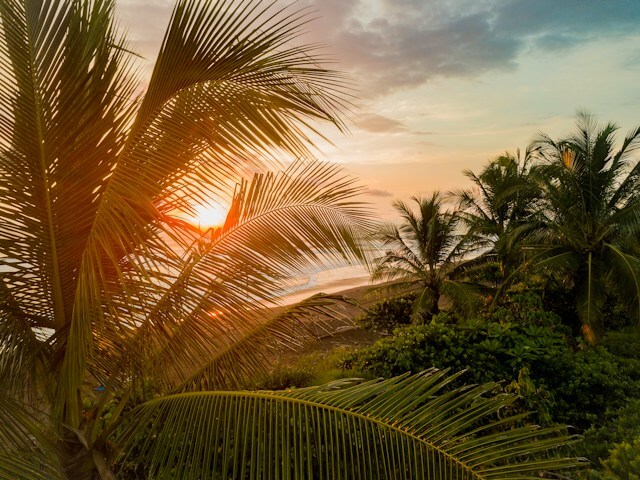
Slow travel basically means spending a good amount of time in the location you are visiting. It allows a tourist to properly support local communities in the area, get accustomed to the traditions and practices, and in the case of Costa Rica, really visit all the national parks and conservation sites and potentially get a look at the magnificent array of wildlife on display on a once-in-a-lifetime visit.
Slow travel cuts down on the carbon footprint of traveling. Sustainability enthusiasts will often take other means of transportation in lieu of planes that cause a great deal of damage to the ozone layer. The key is not to burden the community or disenfranchise them. It is to show respect and appreciation for their knowledge and services.
Evil Plastic
Single-use and discarded plastic is one of the greatest hazards to the ocean and the environment in general. Items we use every day like containers or disposable forks can wreak havoc on a natural habitat. They can damage the bodies and lives of small and large sea animals alike. Abstain from using plastics as far as possible in your travels and daily life. Substitute with metal, aluminum, glass, and other reusable and recyclable materials or materials that biodegrade completely. Pack refillable glass water bottles with you for travel and hotel stays. This way, you don’t need to purchase a plastic bottle while walking, hiking, or sightseeing.
A Sustainable Cuisine To Die For
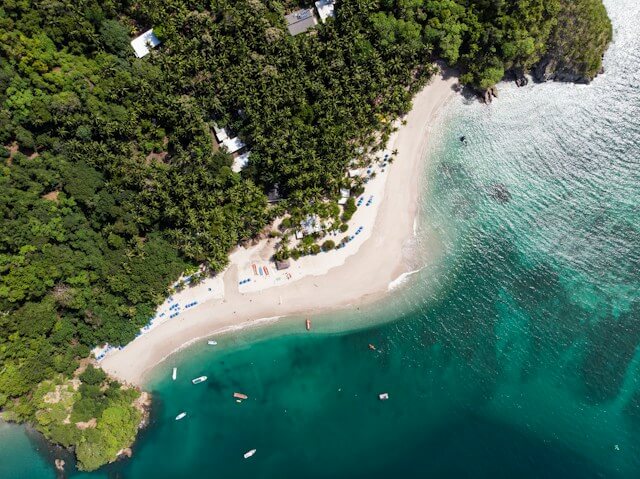
No Costa Rica tour is complete without trying the local food that is prepared from sustainable and renewable produce. Over the years, eco-tourism has actually helped the country cut down on environmentally taxing agricultural exports that overuse fertile lands, leading to habitat disruption and other ill effects.
The Latin American cuisine of Costa Rica is a delight due to the varied and incredible plant and animal life that exists there. Grains and vegetables like corn, pitaya, and tomato are abundant. Incredibly, a network of farmers share the load for tourism and self-subsistence purposes.
Whether you love porridges, grain drinks, tortillas, or even coffee, you can find a staggering variety of food and drink in Costa Rica due to its rich history and the migration of people from different regions. All of them bringing their own culinary influences and establishing them. The Spanish colonization brought Andalusian and Catalan influences, and Africans also settled over the centuries in Jamaica, Ghana, and Guinea.
Get Involved In Conservation
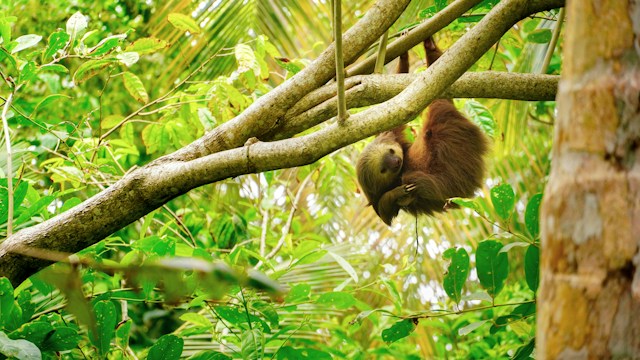
The government of Costa Rica has all manner of investment opportunities, tax incentives, and other business ventures to support the conservation and sustainability policy and way of life in the country. Moreover, tourists can learn about these conservation efforts, volunteer, donate, or simply spread awareness so that other countries can become active on the same level to protect their natural wildlife and its habitat.
Thank you for reading! We hope you enjoyed our guide for more sustainable travel tips for Costa Rica. Read our complete guide to central America here!
Check out the rest of our blog here.
